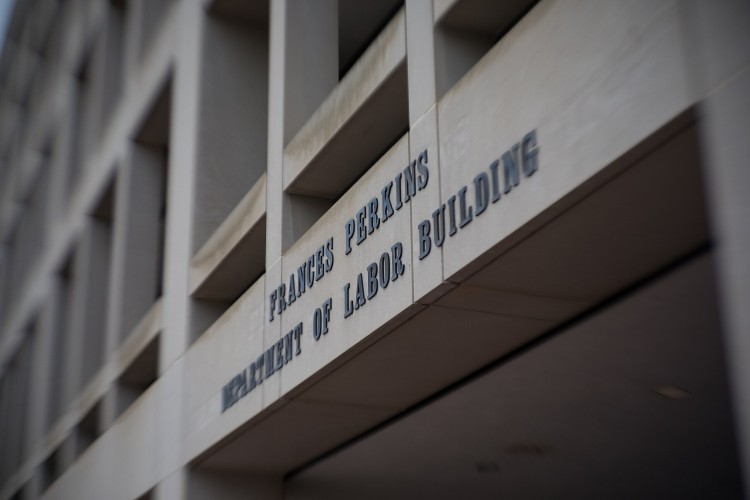H-1B $100,000 Fee: What’s Changing — And How It Hits Employers, Global Talent, and Korean Stakeholders

After a flurry of weekend headlines, the U.S. government has now clarified how the new $100,000 H-1B fee will work. According to USCIS, the payment must accompany any new H-1B petition filed on or after 12:01 a.m. ET, Sept. 21, 2025. It does not apply to existing H-1B holders or renewals. Early media summaries framed the impact as starting with the 2026 cap; in practice, the USCIS text captures any new filing from Sept. 21 onward-including cap-exempt petitions filed this fall. Employers should budget and schedule accordingly.
The paper trail: USCIS FAQ, internal memo, and the Proclamation
USCIS published a dedicated FAQ stating the fee rule and its effective time, while an internal procedures memo instructs officers to apply the requirement prospectively to petitions filed after the effective date. The White House Proclamation directs DHS and State to take the steps needed to implement the payment condition. Read together, the documents confirm: new filings after Sept. 21 must include the $100,000 payment; renewals and already-issued visas are outside scope.
Doctors may see exemptions - in the "national interest"
The administration also signaled case-by-case exemptions where applications meet a national-interest standard. On Monday, officials indicated that physicians and medical residents are among groups that may qualify, pending agency guidance. Hospitals and rural providers will be watching for criteria and documentation thresholds that make exemptions viable in shortage areas.
Companies, geopolitics, and the global talent race
For mega-cap tech companies, the headline number is steep but absorbable; for healthcare, education, and SMEs, the fee is a bigger swing factor. Analysts warn that higher friction on U.S. hiring could push work offshore to global capability centers or accelerate automation, producing the opposite of re-shoring in some segments. Reuters notes India-centric IT firms have already diversified footprints across Canada, Mexico, and Latin America, and may further reweight talent pipelines.
Economists aren't convinced this helps growth
A chorus of economists cautions that throttling high-skilled inflows risks weaker productivity and innovation, especially in AI and advanced manufacturing. While the policy's politics are clear, the economics may not be: a smaller pool of top international recruits could dampen growth and complicate U.S. competitiveness just as the AI build-out accelerates.
India's read - and what it means for Korea Inc.
Because a large majority of H-1Bs go to Indian nationals, New Delhi's reaction has been swift and political. Still, industry group NASSCOM said uncertainty eased after the U.S. stressed the fee is one-time and applies to new applications, with many firms already reducing H-1B dependence via local U.S. hiring. For Korean stakeholders-Samsung, SK, LG, Hyundai and suppliers-the calculus is similar: big corporates can budget around the fee, but SMEs and specialty clinics may need exemption strategies, alternative visas, or phased hiring playbooks.
Practical playbooks: what to do now
Treat any new H-1B petition filed on/after Sept. 21 as fee-impacted unless an exemption applies. Renewals and amendments that don't constitute a "new" classification remain outside scope under the published USCIS materials. Track forthcoming implementation guidance for national-interest exemptions (especially for physicians), and monitor wage-rule and lottery adjustments that DHS has previewed for the 2026 cycle. If your business timeline can't absorb $100,000 per new hire, consider offshore build-outs or stateside alternatives (e.g., TN/OPT-STEM where eligible) as interim bridges.
Bottom line: The $100,000 fee is live for new filings now, with narrow exemptions likely and broader selection/fee changes still on deck. Whether the policy protects or penalizes U.S. competitiveness will hinge on how agencies write the exemptions-and whether companies with Korean and other international talent decide to build in the U.S. or around it.



